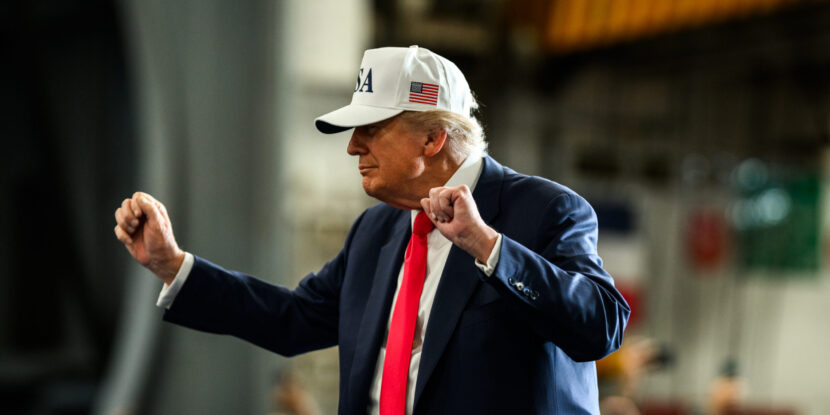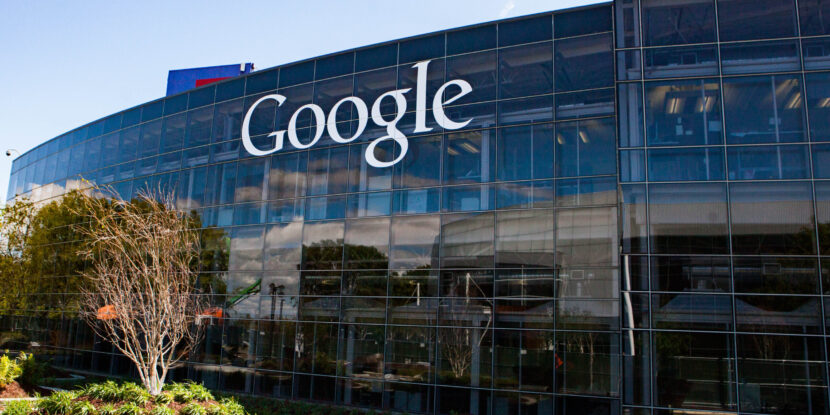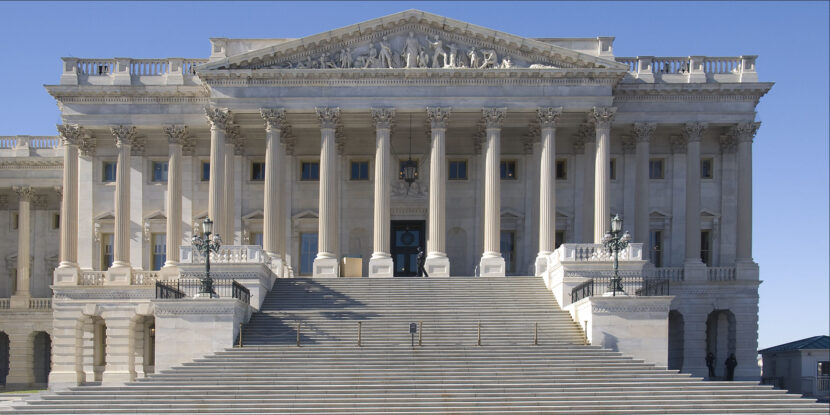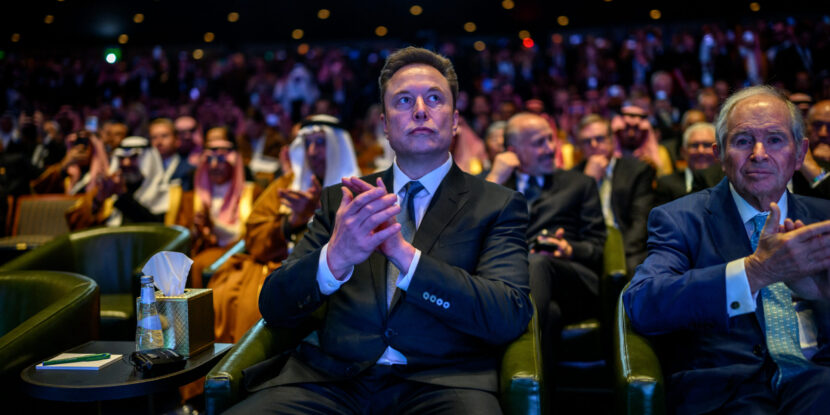President Joe Biden’s plan to strengthen domestic “U.S.-based” supply chains for his green energy agenda will further strengthen China.
A Cartersville, Georgia facility owned by QCells — a subsidiary of South Korean corporate conglomerate Hanwha — will remain reliant on the China-based Shanghai Lianfeng Gas Co. for technology used in argon-gas recycling. QCells has billed its Cartersville facility as “a fully-integrated solar supply chain factory” and received praise from President Joe Biden’s allies in Congress.
The Biden government has encountered considerable problems in its effort to re-shore industrial supply chains. Despite trying to brand much of the President’s green energy agenda as a boon for U.S. industries, critics have pointed out that Biden government regulators — like the U.S. Treasury Department — have used their statutory discretion to waive restrictions on foreign-sourced manufacturing.
Billed as a ‘flagship’ facility as part of Biden’s green agenda, the QCells operation in Georgia has received a bevy of tax credits through the Inflation Reduction Act and Sen. Jon Ossoff’s (D-GA) Solar Energy Manufacturing for America Act. After Congress adopted his legislation, Sen. Ossoff cheered the passage: “Demand for solar energy is skyrocketing, and we need to be building and manufacturing this technology here in the United States, reduce our reliance on imports from China, and meet the moment.”
The promise to reduce reliance on Chinese manufacturing and technology has rung hollow with the QCells facility in Georgia. Likewise, the Biden government’s promise that tax credits meant to promote a domestic electric vehicle industry has largely benefitted battery and auto-part manufacturing in Canada and Mexico. After the U.S. Treasury Department under Secretary Janet Yellen used statutory discretion to continue redefining “Made in America,” some electric vehicle credits even subsidized manufacturing facilities in Southeast Asia.




















